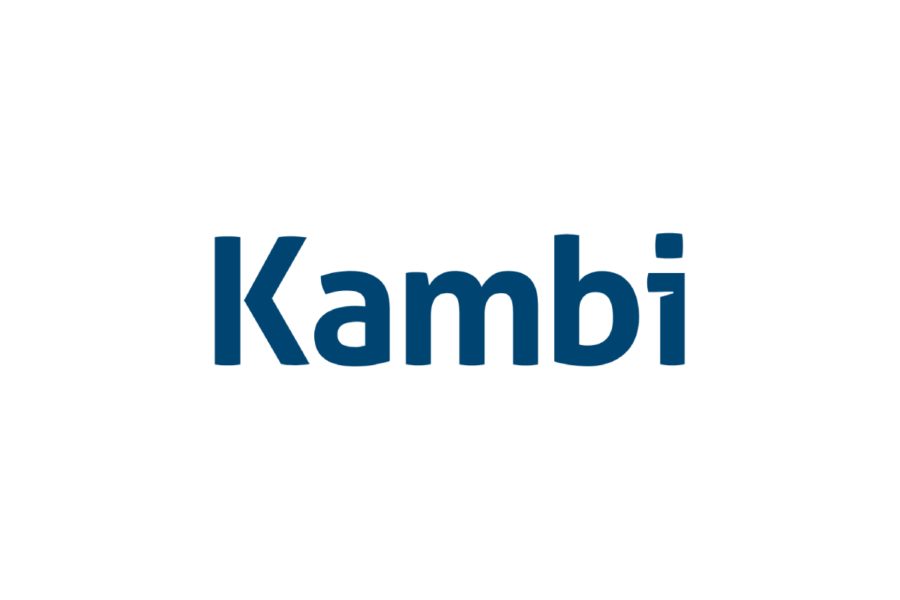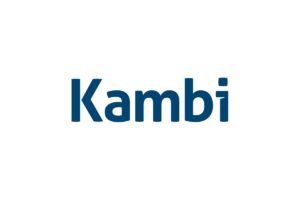Sports betting industry experts discuss the evolution and future of betting on soccer

In the latest episode of KambiCast Spotlight, Kambi’s PR & communications manager, Peter Ranere, discusses the evolution and future of soccer betting with industry experts.
Peter Ranere, Kambi’s PR & communications manager, hosted a new episode of KambiCast Spotlight, a podcast where Kambi Group talks about the latest gaming industry, sports betting and technology trends.
This episode focused on the evolution and future of football betting in the context of two of the most important tournaments in the sport: the Copa America and the UEFA European Football Championship (EURO 2024) with insights from Francisco Jose Pimentel Cano, head of trading at LiveScore Group, Niklas Fallsjö, head of sportsbook innovation at Kwiff, Andy Wright, formerly of Fanatics and Sky Bet and Arnout Willemsen, Kambi senior soccer trader.
The first part of the episode revolved around what to expect from these two big tournaments from an acquisition point of view, based on what the participants have seen in previous competitions.
Niklas explained that such tournaments represent a great opportunity for player acquisition. However, he warned that all operators spend a large amount of money which makes it a very competitive and, at the same time, expensive period.
“Don’t always spend, don’t look at the competition as an acquisition opportunity. It can easily become expensive […] so my recommendation would be to keep to normal budgets and to estimate the opportunity tournaments like these give,” he stated.
Andy added: ” I’ve seen many football tournaments, and the key factors depend on the territories you’re operating in and the popularity of certain teams or players.”
He further stressed: “Without a well-thought-out plan, it’s easy to overspend and struggle to achieve a return on investment.”
Arnout suggested: “If you’ve recently acquired players, you can transition them seamlessly into the next soccer product. Moreover, with the Olympics on the horizon, you can start promoting them heavily. This makes retaining customers easier this summer, as there’s a continuous flow of major events to keep them engaged.”
Finally, Francisco added: “Bettors are now more interested in having more betting options, including niche markets, as well as good customer service and engaging website features like attractive videos. This indicates a change in priorities, moving beyond just competitive pricing.”
In the second part of the episode, Peter asked participants about the current role of outright bets. Francisco said that, in recent years, he noticed a trend towards player props rather than outright bets, although he clarified that LiveScore Group continues to offer them and tries to provide a wide range of options.
Niklas then added: “In terms of volume, outright bets are quite small. However, they serve as a valuable retention tool.” Arnout and Andy agreed on this point and Andy pointed out that, even though outright bets account for a small percentage of turnover, securing a few bets from customers can significantly increase their likelihood of staying with a bookmaker throughout the tournament.
A significant focus of the discussion was the shift from team-based loyalty to player-centric support. This trend, which gained momentum during the careers of Ronaldo and Messi, continues with contemporary stars like Mbappe, Haaland, and Vinicius Jr.
Arnout then highlighted how the arrival of players such as Messi in leagues like the MLS has led to a marked increase in betting activity.
Another major topic was the rise of Bet Builders, a feature that allows bettors to create customised wagers. Willemsen noted a significant increase in both user interest and revenue from Bet Builder tools, indicating their growing popularity. Fallsjö elaborated on how removing traditional constraints in sports betting has enabled a more personalised and engaging experience for users, fostering greater interaction and satisfaction.
Shifts in pricing markets
Andy then explained that new and exciting price markets often lead competitors to replicate them, even without sufficient data for accurate pricing.
Francisco Jose Pimentel Cano highlighted the challenges posed by extended injury times, which have led to more late goals in the Premier League. This trend has necessitated adjustments in pricing models to account for the increased frequency of late goals, particularly during peak months like October and November.
The role of AI in sportsbook betting and the future of soccer and betting products
Near the end of the chapter, Peter asked the participants what role artificial intelligence plays in sports betting.
Arnout said: “At Kambi, with the organisation of Tesseract, we’ve aimed to become the leader in creating customised offerings and having an automated AI-powered sportsbook.
“The industry is heading towards more intense demands from punters, with bets that are increasingly difficult to price. Automating this process with algorithms that predict outcomes, rather than spending a lot of time calculating manually, will shape the industry over the next 5 to 10 years.”
Andy added: “I assume AI could quickly predict popular selections and handle pricing. Additionally, AI can help personalise the experience based on a customer’s past behaviour or their expectations of an event. For example, a live score app is well positioned because it offers free-to-play options where customers indicate their predictions or favourite games. This allows for building a highly personalised product for each individual.”
In discussing the future of soccer and betting products, several key points were highlighted. Andy emphasised that football is fundamentally an entertainment business, with betting serving to enhance this entertainment.
He stressed the importance of providing a seamless and enjoyable betting experience that integrates well with the excitement of the game. Innovations like LiveScore, which allows customers to track scores and place bets in one place, exemplify this approach by enhancing the overall enjoyment of football.
Niklas echoed the need to remove current limitations in betting products. He highlighted ongoing efforts to make player props more available and to create a personalised user interface and user experience. This personalisation makes it easier for players to find markets relevant to them, ultimately enhancing their betting experience.
Arnout discussed the importance of scalability and creating a consistent betting experience across different levels of football. Whether betting on top competitions like the Euros or lower leagues such as the Swedish second division, the aim is to provide a similar, engaging experience for all punters.
Francisco summed up the discussion by highlighting the industry’s focus on personalisation and flexibility. “I think all the future is about personalization and flexibility really. So that’s what customers are looking for and also what the industry is looking at,” he stated.











